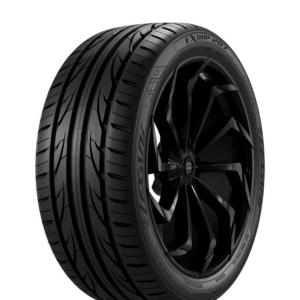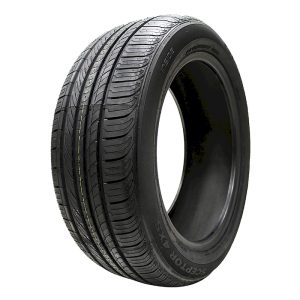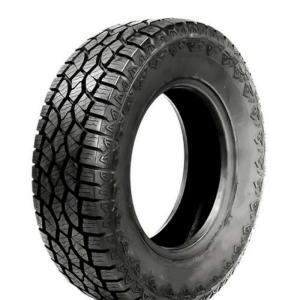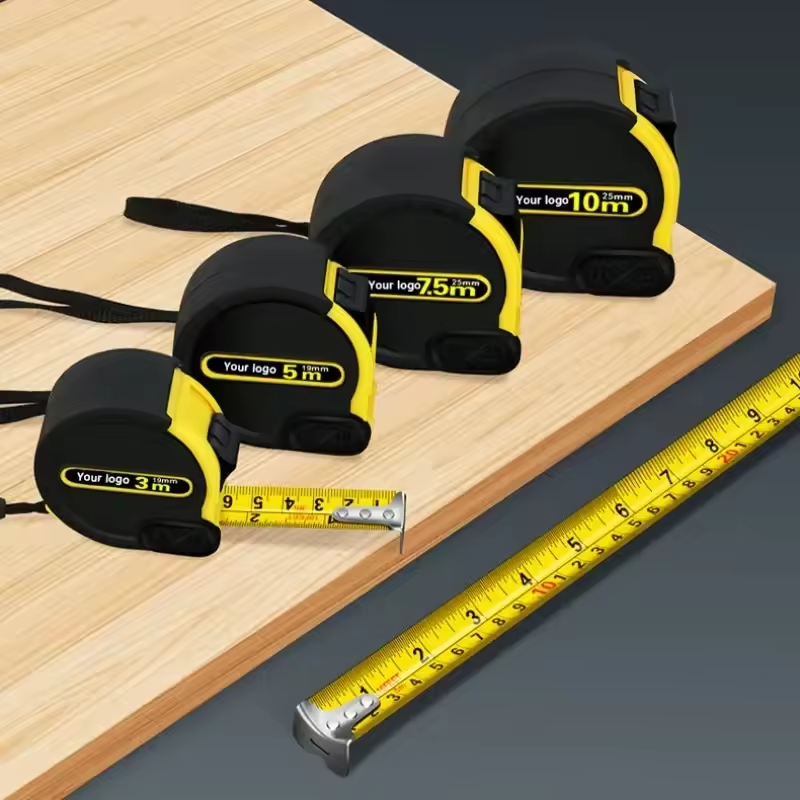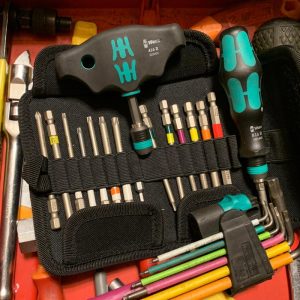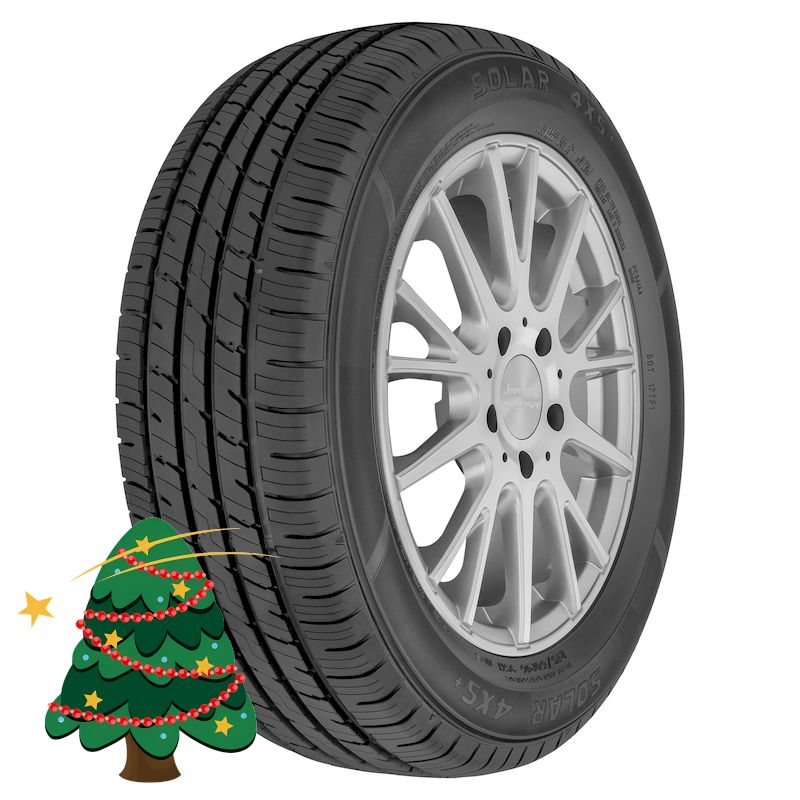
When it comes to towing trailers, one of the most crucial components is the tires. Understanding how long do trailer tires last is essential for anyone who regularly uses a trailer, whether for hauling goods, camping, or recreational purposes. Trailer tires are specifically designed to bear heavy loads, and their lifespan can vary widely based on a range of factors. These factors include the quality of the tires, driving conditions, the weight of the load, and maintenance routines. Knowing how to care for your trailer tires and recognizing when to replace them can prevent accidents, ensure safe transport, and save you money in the long run. In this comprehensive article, we will explore the average lifespan of trailer tires, factors that influence their durability, best practices for maintenance, and tips for purchasing new tires when the time comes.
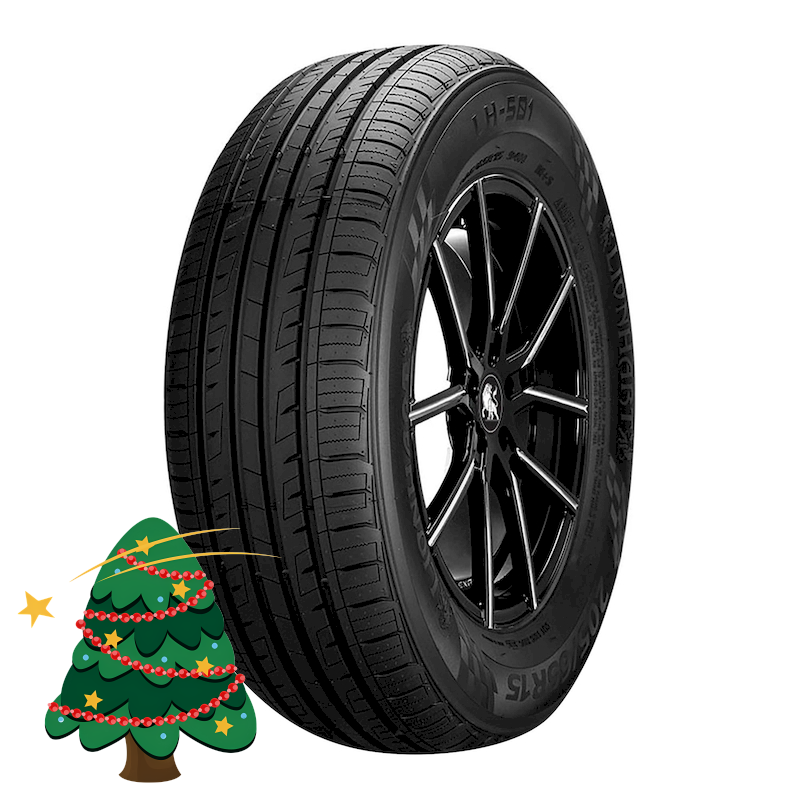
Understanding Trailer Tire Specifications
Before discussing how long trailer tires last, it’s vital to understand the specific features and specifications that differentiate them from regular tires.
Types of Trailer Tires
Trailer tires come in various designs, each tailored for specific uses:
- ST Tires (Special Trailer Tires): These are designed explicitly for trailers and offer a stiffer sidewall to carry heavier loads safely. They are optimized for stability and performance when towing.
- LT Tires (Light Truck Tires): While designed for light trucks, these tires can sometimes be used on trailers. They do not offer the same performance characteristics as ST tires and may wear out more quickly if used improperly.
Load Rating
Every trailer tire features a Load Index (LI) and a Ply Rating that indicate its load-carrying capacity.
- Importance of Load Rating: Exceeding the load capacity can lead to tire failure and severe damage. Always select tires that match or exceed the weight your trailer is carrying.
Speed Rating
Trailer tires come with speed ratings indicating the maximum speed at which they can safely operate.
- Normal Usage: Most trailer tires have a speed rating of “L”, which typically allows a maximum of 75 mph. It’s essential to stay within this limit to ensure safety and longevity.
Tread Design
The tread design directly affects the performance and lifespan of the tire.
- Tread Types: Trailer tires typically feature a unique tread pattern for better traction and stability. Understand the importance of tread depth in relation to safety.
Recognizing the specifications of your trailer tires will help you assess their limitations and potential lifespan.
Average Lifespan of Trailer Tires
Understanding how long trailer tires last is crucial for maintaining safety and preventing tire-related issues.
General Lifespan Information
Most trailer tires typically have a lifespan of between 3 to 5 years, depending on several factors.
- Factors Contributing to Variability: Usage, maintenance practices, and environmental conditions can significantly affect how long your tires will last.
Seasoned Usage
For those who regularly use their trailers for heavy hauling or long-distance travel, tires may wear out much more quickly compared to those that are used infrequently.
- Monitoring Age: It’s essential to check not just the tread wear but also the age of the tires. Even if tires appear to have adequate tread, they may degrade over time due to age-related factors.
Signs of Aging
Tires can develop signs of aging, such as cracks in the sidewall or weather checking, which indicates that they may need to be replaced sooner rather than later.
- Visual Inspections: Regularly inspect your trailer tires to look for these signs, especially if they are approaching or exceeding the four-year mark.
Factors Affecting the Lifespan of Trailer Tires
Several factors can influence how long do trailer tires last. Here are the most significant ones:
Usage Patterns
The way you use your trailer can greatly impact tire longevity.
- Weight of Load: Constantly exceeding the trailer’s load capacity puts additional strain on the tires and can lead to faster wear and tear.
- Frequency of Use: Infrequent use can sometimes lead to flat spots on tires, while heavy use may lead to quicker degradation.
Maintenance Routines
Proper maintenance is essential for prolonging the life of trailer tires.
- Inflation Levels: Keeping tires inflated to the manufacturer’s recommended level is vital. Under-inflated or over-inflated tires can result in uneven wear and potential blowouts.
- Alignment and Balancing: Ensure that your trailer’s wheels are properly aligned and balanced to prevent excessive wear on the tires.

Environmental Conditions
Environmental factors play a significant role in tire durability.
- Sunlight Exposure: Tire rubber can degrade when consistently exposed to sunlight, which can lead to cracks and premature aging.
- Temperature Extremes: Both extreme heat and extreme cold can impact tire performance and lifespan. Monitor tire conditions during temperature fluctuations.
Storage Practices
Seasonal or long-term storage can greatly affect how long your trailer tires last.
- Proper Storage: Store your trailer in a shaded area whenever possible to minimize UV exposure. Consider using tire covers for added protection.
- Preventing Flat Spots: If storing a trailer for an extended period, consider jacking it up to relieve tire pressure and avoid flat spots.
How to Maintain Your Trailer Tires
To maximize the lifespan of your trailer tires, proper maintenance is crucial. Here are some effective strategies:
Regular Inspections
Conduct regular inspections of your trailer tires to catch potential issues before they escalate.
- Tread Depth Checks: Use a tread depth gauge to ensure your tires have at least 3/32 of tread remaining. Insufficient tread can affect traction and safety.
- Visual Assessments: Look for any visible damage, including cracks or bulges, and inspect for debris lodged in the tread.
Maintain Proper Inflation
Maintaining the correct air pressure is key to ensuring long tire life.
- Pressure Checks: Use a reliable tire pressure gauge at regular intervals and before long trips to ensure tires are at the recommended PSI.
- Hot vs. Cold Inflation: Check tire pressure when tires are cold, preferably before driving in the heat of the day, as pressure can increase when tires heat up.
Tire Rotation
If your trailer design supports it, consider rotating your tires at regular intervals.
- Even Wear: This practice can help achieve uniform wear across all tires, potentially extending their lifespan.
Cleaning and Protecting
Taking care of your tires is also about cleanliness and protection from the elements.
- Regular Cleaning: Gently wash your tires with soap and water to remove dirt and grime. Avoid using harsh chemicals that could degrade rubber compounds.
- Protective Coatings: Consider applying tire protectants that provide UV protection and enhance rubber longevity.
Knowing When to Replace Your Trailer Tires
Recognizing when it’s time to replace your trailer tires is essential for safe travel.
Indicators of Tire Wear
Be attentive to signs indicating that it’s time for a replacement.
- Cracks and Bulges: Signs of potential tire failure include the presence of visible cracks or bulges in the sidewall.
- Uneven Tread Wear: If one side of the tire is more worn than the other, this may indicate underlying issues with alignment or insufficient inflation.
Age of Tires
Pay close attention to the age of your trailer tires, even if they appear to be in good condition.
- Four to Five-Year Rule: Most manufacturers recommend replacing trailer tires every 4-5 years, regardless of tread depth.
- Check the DOT Code: Look for the Department of Transportation (DOT) code on the tire sidewall, which indicates the manufacturing date. This information is crucial for understanding the age of the tire.
Avoiding Delays in Replacement
Don’t postpone necessary replacements when needed for safety reasons.
- Timely Action: If you suspect that your tires are nearing the end of their lifespan, address the issue promptly rather than waiting until they fail.
- Professional Consultations: If in doubt, consult a tire professional or mechanic for a thorough assessment and advice on when to change.
The Benefits of Choosing the Right Trailer Tires
The right trailer tires can significantly enhance safety, performance, and your overall DIY experience.
Improved Safety
Quality tires enhance your overall safety while driving.
- Enhanced Traction: Proper tread patterns ensure better grip on various surfaces, reducing the risk of accidents, especially during wet or slippery conditions.
- Stable Towing: Choosing appropriately rated tires contributes significantly to stability while towing, ensuring that your trailer handles well on the road.
Better Performance
Selecting the right tires improves your trailer’s performance overall.
- Load Capacity: Tires designed specifically for trailers can handle heavier loads effectively, empowering users to maximize their towing capabilities.
- Fuel Efficiency: Quality tires can lead to better fuel efficiency, as appropriate rolling resistance reduces drag when towing.
Cost Savings
Investing in quality tires and timely replacements yields cost savings in multiple ways.
- Longer Lifespan: Tires designed for trailers generally last longer when properly maintained, saving money in the long run.
- Fewer Repairs: Reducing the chances of tire blowouts or failure leads to fewer roadside repairs and potential accidents.
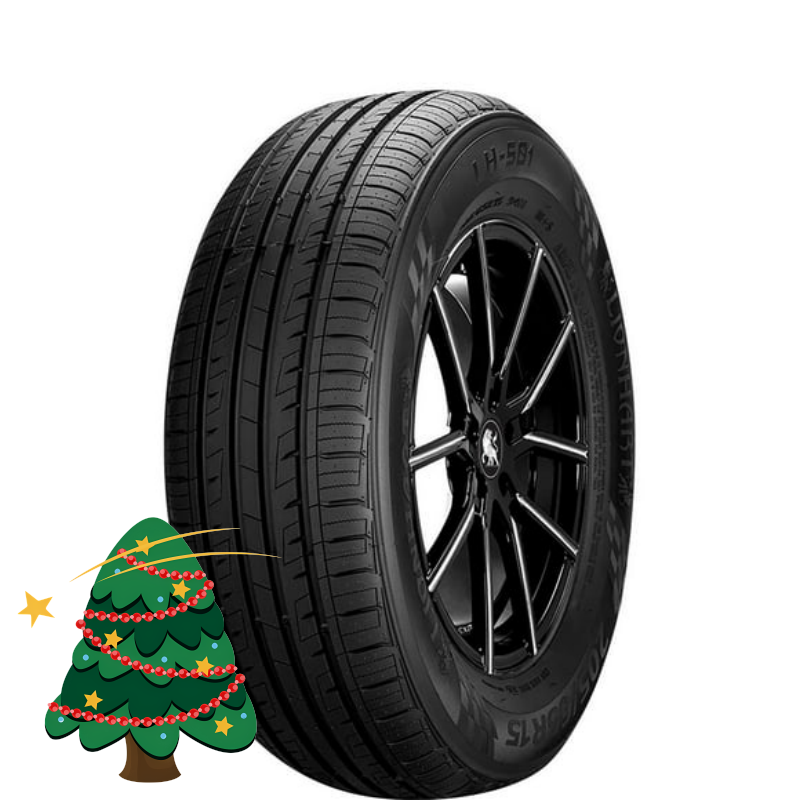
Conclusion
In conclusion, knowing how long trailer tires last is essential for any DIY enthusiast or trailer owner. This understanding is vital not only for planning replacements but also for ensuring safety and efficiency while on the road. With the average lifespan falling between 3 to 5 years, it is crucial to pay attention to various factors influencing tire longevity, including usage, maintenance, environmental conditions, and tire quality.
By conducting regular inspections, maintaining proper inflation, and recognizing the signs of wear, you can optimize the lifespan of your trailer tires. Ultimately, selecting the right tires tailored to your specific needs and understanding when to replace them can enhance your towing experience. Good tire care not only enhances safety, performance, and fuel efficiency, but it also saves you money in the long run. Always prioritize the health of your tires, and your trailer will continue to serve you well on your adventures for years to come.
Wishing you a joyful and warm Christmas filled with love, laughter, and endless blessings! May every day shine as brightly as the holiday itself!
